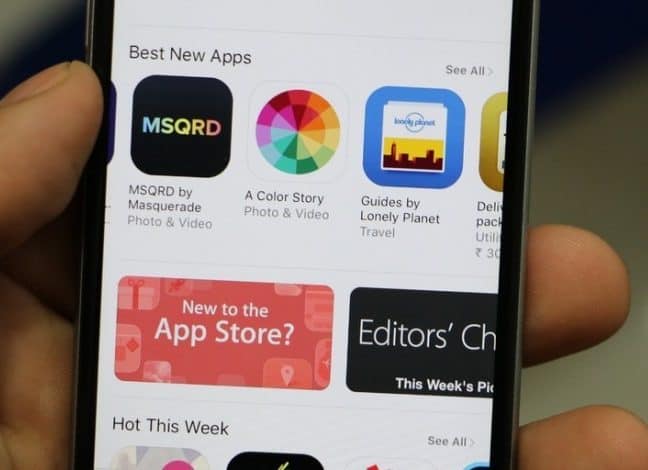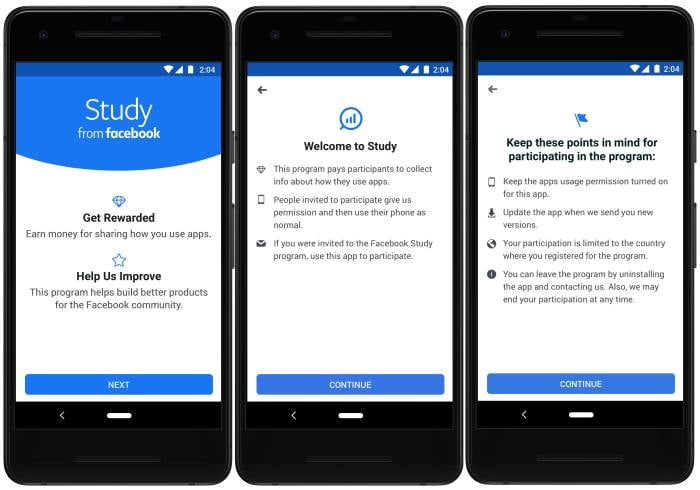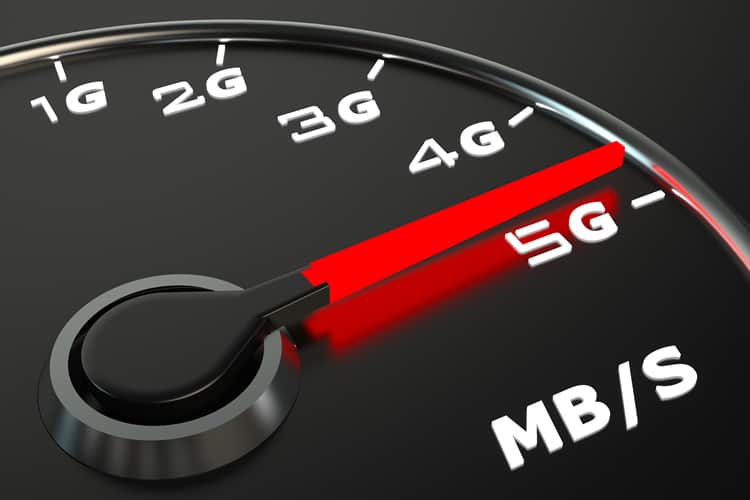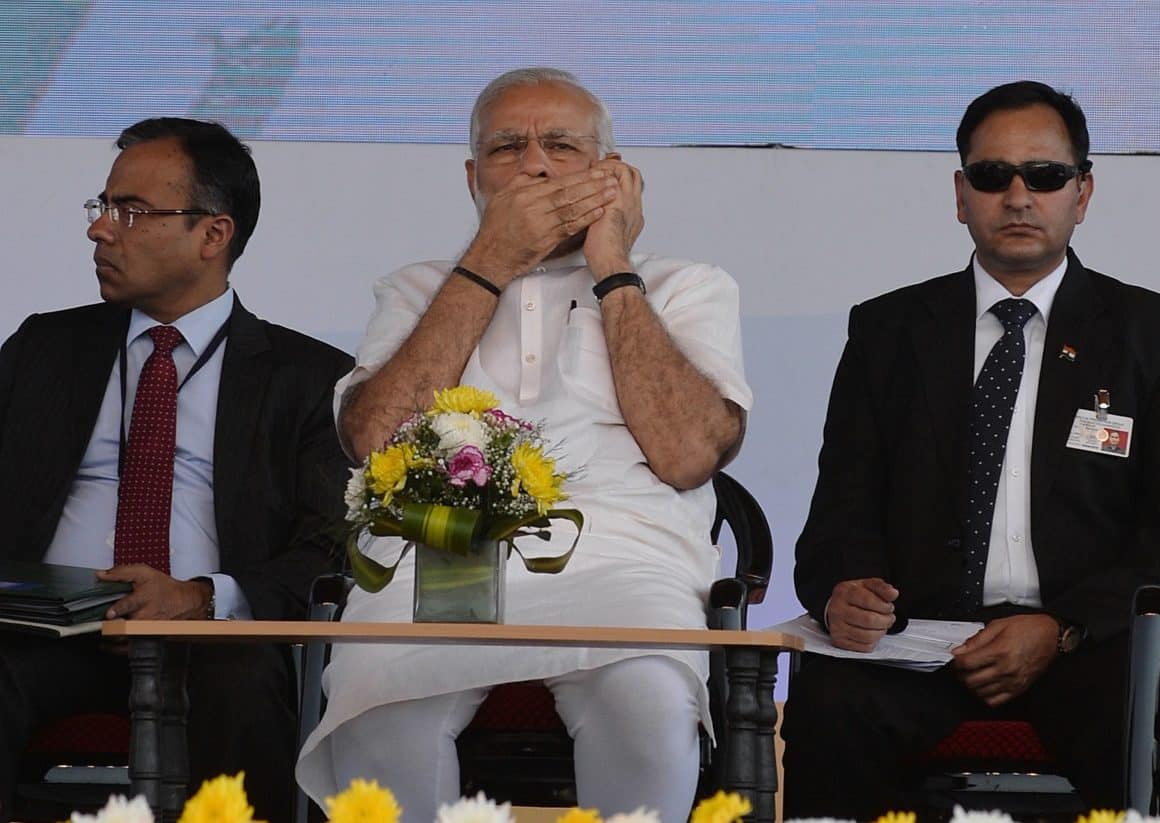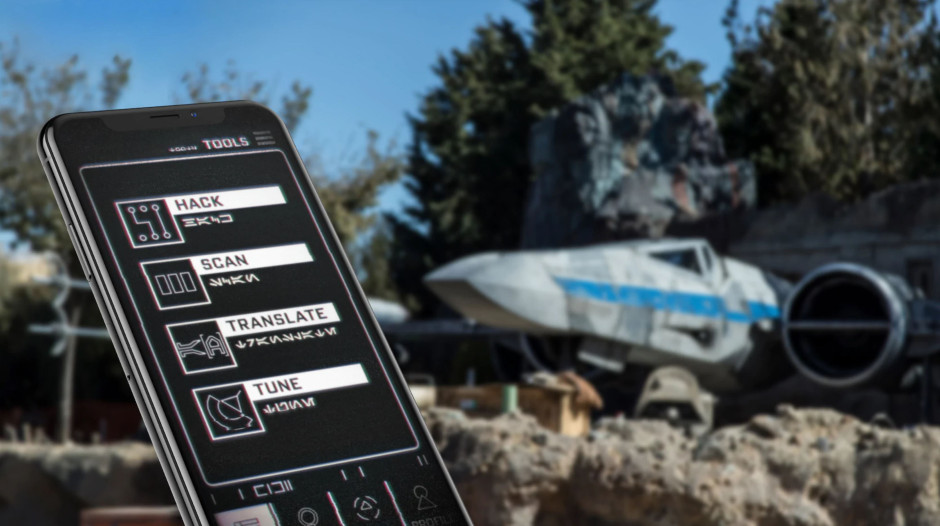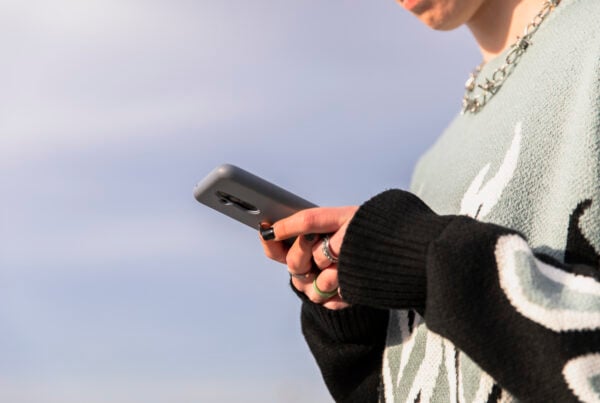Find out the week’s top mobile stories from around the world.
This week.. Mobile phone users can now switch networks via text message, how marketers keep mobile ad fraud at bay, Facebook revives its mobile data gathering program and much more.

Mobile phone users set to switch networks via free text message
Which
From next week, mobile phone users will be able to switch their provider by sending a free text message.
The telecoms regulator, Ofcom, has introduced the new process – text-to-switch – in the hopes that it will make switching mobile provider quicker and easier.
Mobile phone providers have had 18 months to implement the new system, which now has to be in place by 1 July.
Read more…
Rage against the bots: how should marketers keep increasing mobile ad fraud at bay in Asia Pacific?
The Drum
Mobile ad fraud, which has been a concern since the early 2010s, continues to be a challenge for brands and agencies in Asia Pacific with a new study on in-app installs finding that from November 2018 to April 2019, the region experienced an average fraud rate that was 60% higher than the average worldwide.
With existing desktop detection tools not necessarily applicable to mobileand newer fraud tactics getting an edge over older tracking methods, Ronen Mense, the president and managing director for APAC at AppsFlyer says marketers are not paying enough attention to new anti-fraud technology and neglecting the threat of fraud overall because the number of app installs remains high.
Read more…
Facebook revives its mobile data gathering program with a new app
The Next Web
Remember when it was revealed in January that Facebook used to pay teens and gather mobile app usage data from them through an app? Well, the company shut that program down after a huge backlash, but the app’s sorta making a comeback. Facebook today announced a new app called Study, that will collect your data in exchange for cash.
The social network said it will use this data to “helps us learn which apps people value and how they’re used” and understand the community to improve its fleet of apps. It also likely hopes this is transparent enough to avoid getting the company in trouble. Last year, a slew of documents released by the UK parliament revealed that Facebook used its now-defunct VPN app, Onavo, to track competitors through data it collected from users.
Read more…
New Firefox browser for Android shows boosting privacy boosts speed, too
CNet
Mozilla has launched a pilot test of its new web browser for Android phones, called Firefox Preview. The new browser is faster and more privacy-focused, and is available now for early adopters to test ahead of a “feature rich, polished version” coming in the fall, the nonprofit organization said.
Mozilla’s push for better online privacy has grown louder in recent months, most recently with the change to switch on tracking protection by default in Firefox. But despite years of trying, Mozilla’s influence on mobile devices is limited. Google’s Chrome and Apple’s Safari, the defaults installed on most mobile phones, dominate mobile browsing.
Read more…
5G to drive SEA mobile data traffic growth seven-fold by 2024
ZDNet
Mobile data traffic in Southeast Asia and Oceania will climb seven-fold from 2.3 exabytes last year to 16 exabytes per month by 2024, with growth fuelled by “rapid early momentum and enthusiasm” for 5G. In fact, the next-generation mobile technology will account for almost 12 percent of subscriptions in the region by 2024, according to Ericsson’s latest edition of its mobility report.
Data traffic per smartphone, per month, for the region is expected to increase from 3.6GB to 17GB between 2018 and 2024, at a compound annual growth rate of 29 percent.
Read more…
Data Privacy and Security: Why Mobile Apps are the New Weak Link
Infosecurity Mag
There was wide outrage when the Facebook Cambridge Analytica scandal broke, when it was discovered that a political data analytics firm was able to access data belonging to about 87 million people, and that this data was used to influence the outcome of the 2016 US elections.
The widely-publicized scandal resulted in Facebook CEO Mark Zuckerberg being invited to testify before congress, and Facebook will later admit to user growth slowing as a result of the scandal, resulting in over $100 billion being wiped off the social giant’s market value.
Read more…
GSMA hails mass IoT deployments in China
Mobile World Live
LIVE FROM MWC19 SHANGHAI: Smart home, smart industry and smart city installations across China, the largest IoT market in the world, are helping the country realise the value of IoT and transform society, a new GSMA report highlighted.
The country’s three mobile operators – China Mobile, China Unicom and China Telecom – account for 64 per cent of the world’s 1.5 billion cellular IoT connections, including the rapidly growing mobile IoT licensed low power wide area (LPWA) technologies.
Read more…
India reportedly wants to build its own WhatsApp for government communications
Tech Crunch
India may have plans to follow France’s footsteps in building a chat app and requiring government employees to use it for official communications.
The New Delhi government is said to be pondering about the need to have homegrown email and chat apps, local news outlet Economic Times reported on Thursday.
The rationale behind the move is to cut reliance on foreign entities, the report said, a concern that has somehow manifested amid U.S.’s ongoing tussle with Huawei and China.
Read more…
Are mobile phones a threat or an opportunity for theme parks?
Orange County Register
I can’t imagine visiting Disneyland or any other theme park without my phone.
Yes, theme parks are supposed to provide an escape from everyday life, but every major park has created official apps that have made visiting significantly easier than in the old days when all we had to find our way was a flimsy paper guide map. With official park apps, I can — at a minimum — see where I am in the park and the current wait times for all attractions. Many apps also serve as park tickets and allow visitors to make reservations for restaurants, attractions and more.


